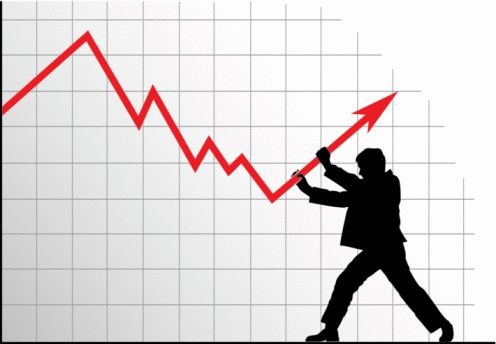Traditional Trading
The traditional way of buying and selling shares is that you give your order to a broker, either by phone or online, then the broker goes to a market maker – such as a brokerage or bank – who quotes a buy and sell price for the stock. The difference between these prices – called the spread – is how the market maker earns its money.
A broker will usually get quotes from several market makers to get the best price for the client. These quotes are only valid for a short period of time before they expire. This is a ‘quote driven market’ and is traditionally the way things have worked, even before electronic systems.
Order Driven Markets
The rise of electronic trading in the 1990s led to the development of order driven markets. In this system the exchange has a virtual order book. Brokers submit the price they want to pay and the number of shares they want to buy or sell.
If a trader places an order to buy and someone else an order to sell at the same price, then the order book will match the two and the trade will be completed. Or, if someone places an order to buy or sell at the prevailing market price – instead of specifying a price – they will get the best price available in the virtual order book.
Even with this system, some stocks – those which are traded less frequently – will still trade based on market maker quotes.
What is DMA?
Direct Market Access means that the client effectively bypasses the broker, with orders going straight into the exchange’s order book. Using DMA trading changes the way the client interacts with the market because now the client is effectively making an offer rather than just accepting a quote.
It also means orders are executed faster and there is less potential for error, as there are fewer people involved in making the trade. For retail investors this means getting a better price, as there’s no market maker to take their cut. Brokers may also charge lower fees as they’re not directly involved in making trades, simply giving investors access to their systems. Investors also enjoy greater anonymity as they can make trades without reference to another individual.
DMA trading is not yet universal, however some markets still don’t permit its use.
DMA v Online Trading
It’s important to note that if a brokerage offers you online trading this isn’t necessarily DMA. In many cases online orders are still handled by market makers, either at the same firm or at a third party. In some cases brokers will offer a half-way house called ‘one-touch DMA’, which requires intervention by brokerage staff to pass your order through to the exchange.
If your broker does offer DMA, the advantages to small retail investors aren’t huge, though you may get a better price and lower commission costs. As the world’s exchanges move more towards a DMA model, however, the importance of being able to trade in this way will grow and investors will benefit from embracing the trend.

